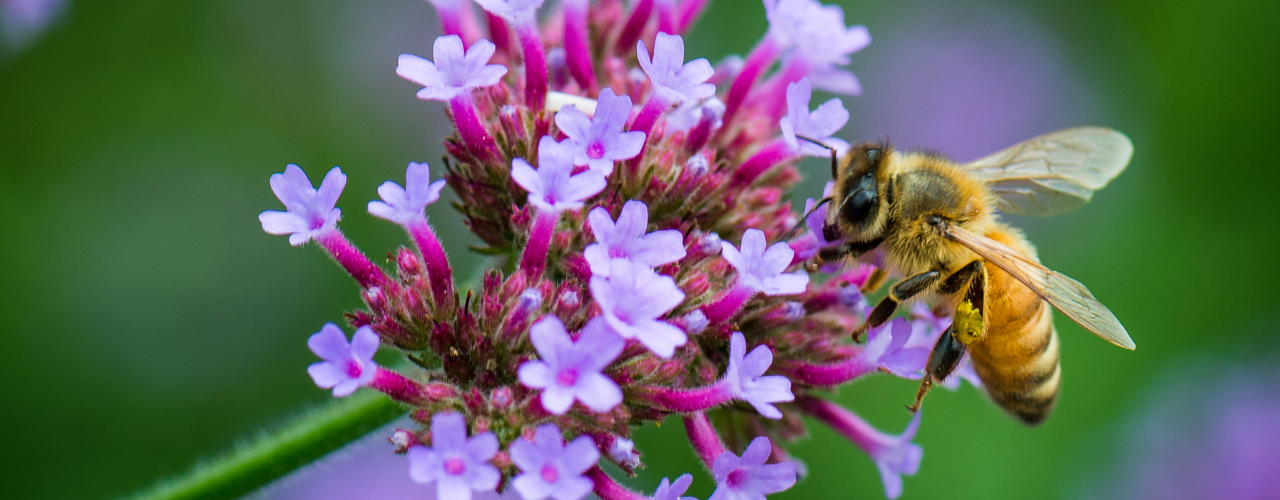
The Environmental Committee of the European Parliament closed its session yesterday [Thursday 15th June], deferring the final vote on the Nature Restoration Law until 27th June. The new law, a key piece of the European Green Deal, sets legally binding targets to rehabilitate degraded habitats and lost species.
Although this legislation is an important piece of the puzzle for dealing with the biodiversity crisis, there is strong opposition to it. An amendment tabled by the EPP – which Fine Gael is a member of – to reject the legislation outright was defeated but the session, which lasted over three hours, highlighted just how precarious a position this legislation is in. The Nature Restoration Law has already been voted down by both the agricultural and marine committees. If it is voted down again by the environmental committee it will result in difficulties in legislating to protect and restore our natural environment.
Why should we care?
What happens in Europe can seem distant and unimportant but in our current biodiversity and climate crisis the results of these meetings are not just political, they have real-life impacts which affect whether you will be supported to restore biodiversity on your land or not.
In Laudato Si’, Pope Francis has much to say about biodiversity. In the first chapter, he spells out what is happening in our common home with a goal
“not to amass information or to satisfy curiosity, but rather to become painfully aware, to dare to turn what is happening to the world into our own personal suffering and thus to discover what each of us can do about it”. (LS19)
He laments the disappearance of thousands of plants and animals every year, acknowledging that future generations will not experience the biodiversity that we have enjoyed:
“Caring for ecosystems demands far-sightedness, since no one looking for quick and easy profit is truly interested in their preservation. But the cost of the damage caused by such selfish lack of concern is much greater than the economic benefits to be obtained. Where certain species are destroyed or seriously harmed, the values involved are incalculable. We can be silent witnesses to terrible injustices if we think that we can obtain significant benefits by making the rest of humanity, present and future, pay the extremely high costs of environmental deterioration.” (LS36)
Francis also states very clearly that caring for our common home is not an optional extra but an integral part of our faith. We do not have the luxury of dismissing this issue as someone else’s problem. A healthy planet is the concern of our entire global community across the spectrum of society, including elected officials in the EU and the Dáil, civil servants in Local Authorities, and us as citizens and voters.
When considering the legislation in light of Pope Francis’ teaching it is clear that we need to support all moves to restore our natural environment including creating robust, just and funded legislation to restore our ecosystems. Of course there must flexibility within it to protect people who may be affected by the implementation of this legislation, including farmers in Ireland. Appropriate funding and supports should be given to people who would like to change their practices to incorporate more space for biodiversity on their land.
Healthy ecosystems for healthy people
We rely almost completely on functioning ecosystems for our quality of life. Water quality, renewable resources like wood, carbon sinks, flood prevention, pollination, food production all rely of ecosystem processes. There is historical evidence that degraded ecosystems results in poor agricultural performance and we are starting to witness the detrimental impacts of biodiversity loss in agricultural systems. Degraded soils and poor land management were a primary cause of the Dust Bowl episode in 1930s America while the reduction in pollinators are resulting in poorer yields of crops across the UK. Restored floodplains and wetlands can reduce the risk of flooding in towns and cities while creating habitats for biodiversity. In the right circumstances biodiversity and the natural environment has an incredible capacity to restore itself. In many cases we know what we need to do to restore our common home from stemming the flow of pollutants into our water ways, to allowing space for forests to naturally regenerate and rewetting (not flooding)our peatlands. The solutions are there we just need to implement them.
The recent Citizens’ Assembly on Biodiversity and the Youth Assembly on Biodiversity recommended much higher levels of protection for biodiversity than is currently in place. They recognised the importance biodiversity and healthy ecosystems have, not least for the positive impact they have on our mental health and wellness.
I find the strong resistance to this legislation almost incomprehensible. I understand why people fear the effect of strong regulation on livelihoods, but I fear the consequences of continuing on our current path more. The process of becoming ‘painfully aware’ of ecological destruction is ongoing. EU citizens are not a monolith with all the same fears and priorities but it is crucial that we “to dare to turn what is happening to the world into our own personal suffering and thus to discover what each of us can do about it.”
One concrete thing we can do about it is contact our MEPs and TDs to demand that we Care for our Common Home.

